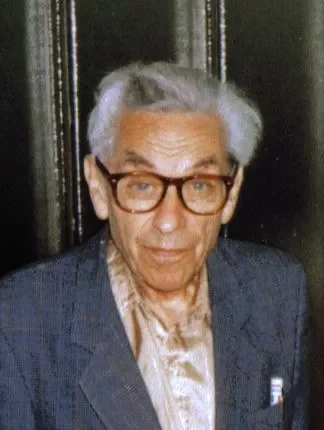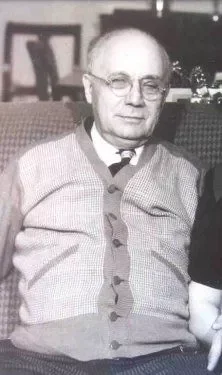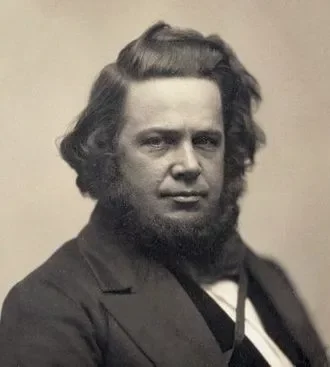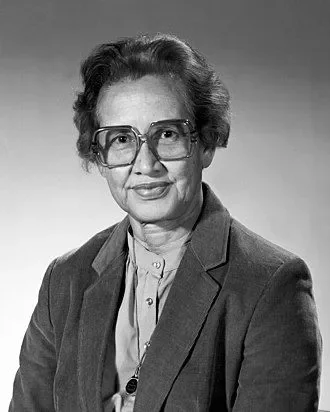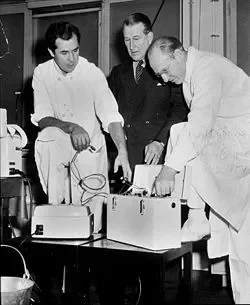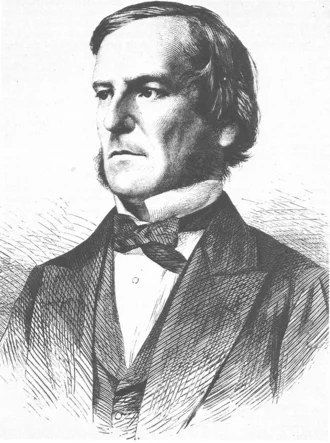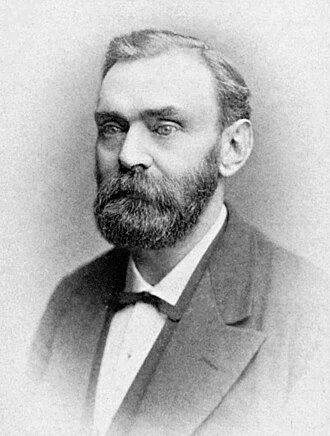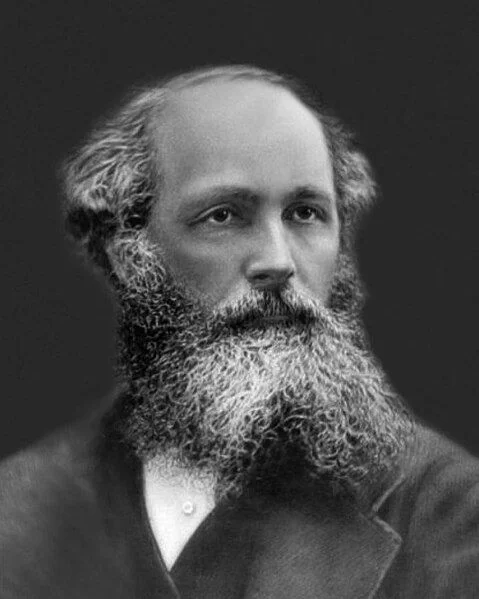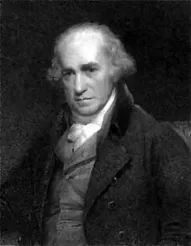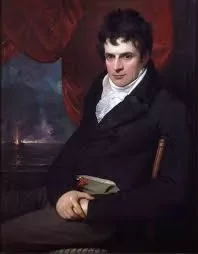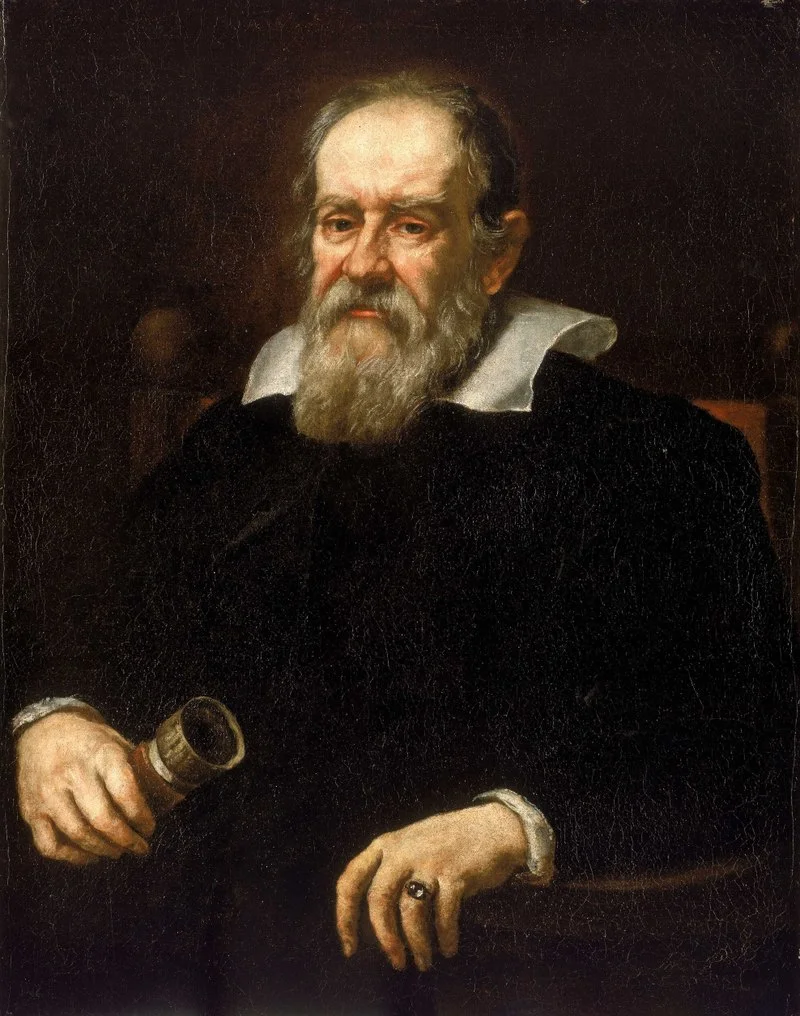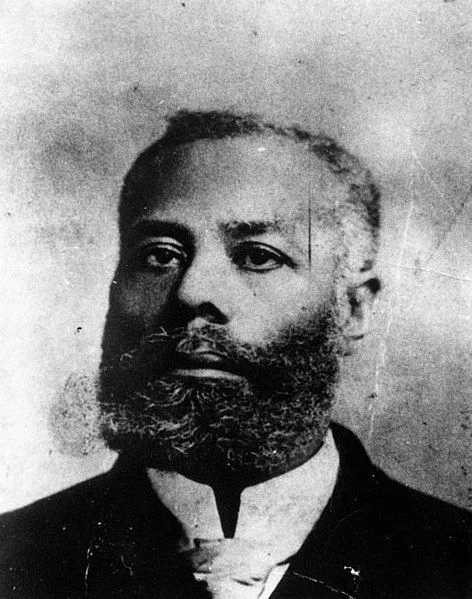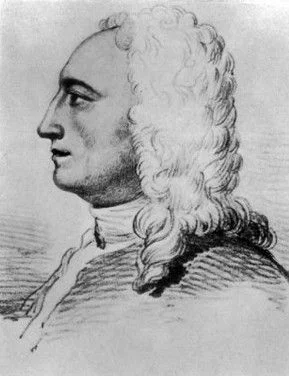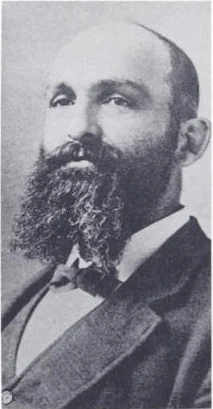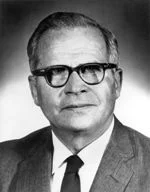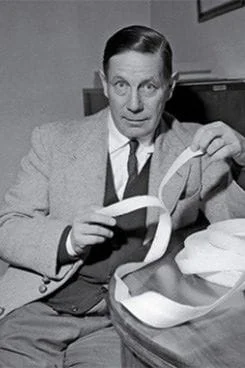Real Celebrities Never Die!
OR
Search For Past Celebrities Whose Birthday You Share
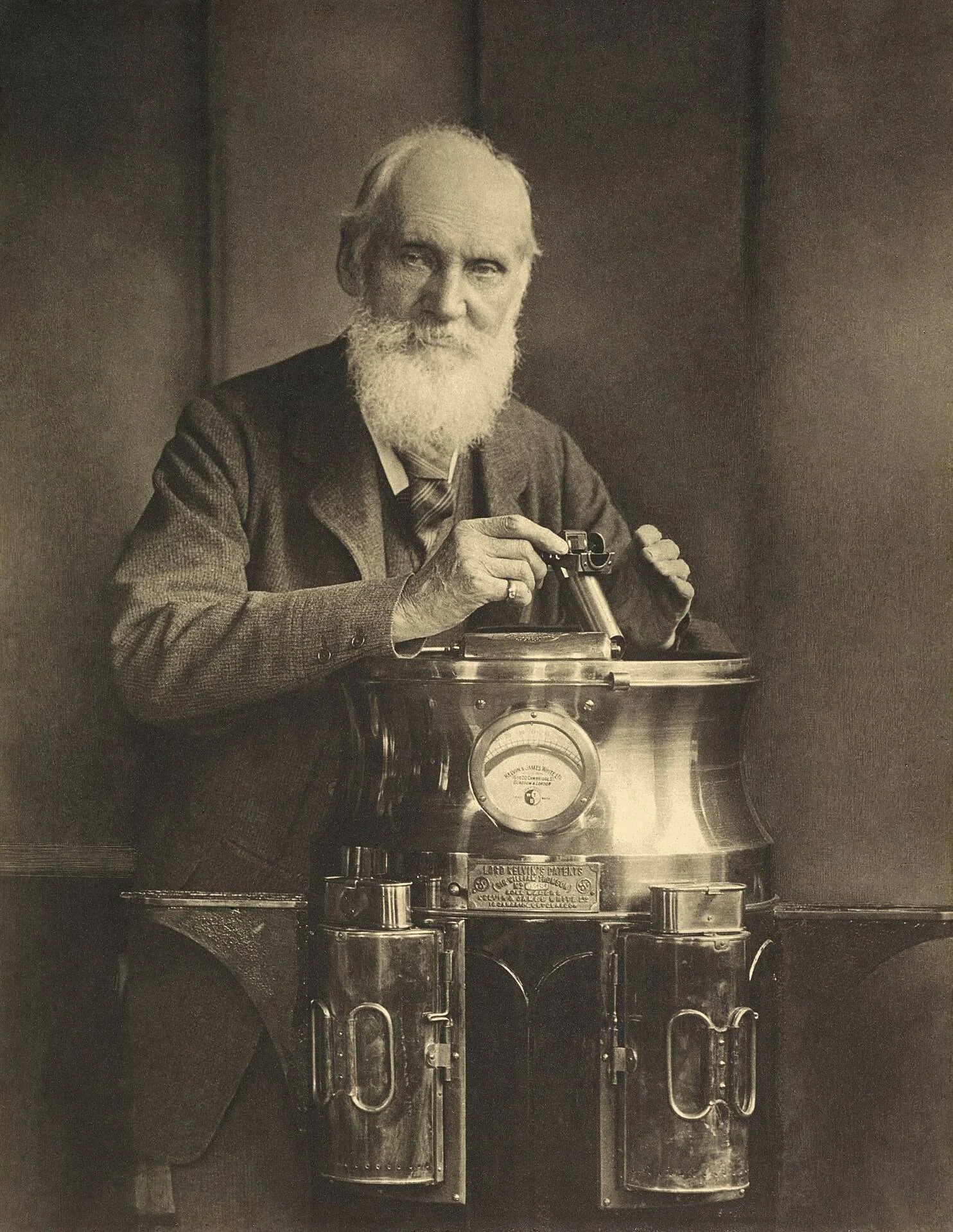
source: wikipedia.org
Lord Kelvin
Birthday:
26 Jun, 1824
Date of Death:
17 Dec, 1907
Cause of death:
Cold
Nationality:
British
Famous As:
Engineer
Age at the time of death:
83
Lord Kelvin's Quote's
Early Life and Education
Lord Kelvin, also known as William Thomson, 1st Baron Kelvin, was a renowned British physicist and engineer who made significant strides in the fields of thermodynamics, electricity, magnetism, and telegraphy. He is widely recognized for his invention of the Kelvin scale – an absolute temperature measurement system based on the concept of absolute zero.
Born in Belfast, Ireland in 1824, Kelvin exhibited exceptional talent from an early age. His father, who was a professor of mathematics at the University of Glasgow, played a pivotal role in Kelvin’s intellectual development. At only 10 years old, he began his studies at the University of Glasgow and demonstrated remarkable aptitude. By the age of 17, he had earned a degree in mathematics and natural philosophy. Subsequently, he pursued further education at the University of Cambridge before eventually assuming a position as a professor of natural philosophy back at his alma mater, where he spent the next 53 years. Kelvin’s strong belief in the importance of practical examination led the university to establish its first physics laboratory.
Scientific Contributions
Throughout his illustrious career, Lord Kelvin engaged in numerous scientific and engineering endeavors. Notably, he collaborated with James Prescott Joule to establish the mechanical equivalent of heat – an important principle linking energy to heat transfer. He was a massive supporter of Jean Baptiste Joseph Fourier’s work on the theory of heat, often defending Fourier’s work from criticism. Kelvin recognized the need for precise representation of extremely low temperatures and proposed the Kelvin scale in 1848, which later came to be known as the ‘Kelvin scale.’ He also formulated the second law of thermodynamics, which stated that heat will not flow from a colder to a hotter body.
Innovations in Engineering
Lord Kelvin additionally distinguished himself as a trailblazer in electrical engineering and telecommunications by playing an instrumental role in laying down history’s first transatlantic cable back in 1858.
Maritime Contributions
Kelvin’s fascination for the sea led him to create many useful inventions such as the mariner’s compass, a machine to predict tide levels, and equipment for sounding. Kelvin’s contributions extended beyond his technical achievements; he held substantial influence within both scientific circles and society at large during his time.
Legacy and Death
Sadly, he passed away at Largs, Scotland, when he was 83 years old in 1907. His legacy as a pioneer in multiple scientific disciplines continues to inspire future generations of scientists and engineers.
Name:
Lord Kelvin
Popular Name:
Lord Kelvin
Gender:
Male
Cause of Death:
Cold
Spouse:
Place of Birth:
Belfast, United Kingdom of Great Britain and Ireland
Place of Death:
Largs, Scotland
Occupation / Profession:
Personality Type
Logistician: Kelvin was known to be a person of action who focused on doing good for the world.
He estimated the Earth’s age to be millions of years old.
He played a pivotal role in laying transatlantic telegraph cables.
His work on the laws of thermodynamics laid the foundation for modern physics.
Kelvin formulated the concept of absolute temperature scale known as Kelvin.
He was awarded the Albert Medal in 1879.
He was awarded the Copley Medal in 1883.
He was awarded the John Fritz Medal in 1905.
He was awarded the Keith Medal in 1864.
He was awarded the Royal Medal in 1856.
Kelvin was awarded the First Smith’s Prize in 1845.
Kelvin won the Matteucci Medal in 1876.

